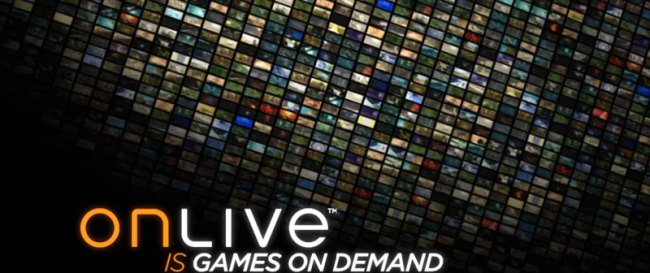
When OnLive first grabbed a soapbox at last year’s Game Developer’s Conference and told the world it would bring high-end gaming performance to even the most meagerly equipped PCs, Nvidia execs must have seen their jobs flash before their eyes.
Or maybe chuckled to themselves.

With the beta well under way, the pitfalls that critics initially predicted for OnLive outside of controlled demos have finally bubbled to the surface in the real world. As PC Perspective’s Ryan Shrout reported when he got a crack at the closed OnLive beta, playing a game on a computer thousands of miles away or on your own computer just don’t feel the same. Mouse and keyboard lag are too apparent in first-person shooters like Unreal Tournament 3 to have an enjoyable gaming experience, and graphics clearly suffer from all the compression used to pass them back from the render farms. For a crowd of gamers who scoff at even the almost-imperceptible delay from a wireless mouse, and spend hundreds on hardware to increase detail on the reflection in a pool of alien blood, neither will fly.
Even if OnLive can somehow work out the kinks – a dubious assumption, considering bandwidth woes mostly lie outside their control – most hardcore PC gamers will never want to give up control of the game experience to an inaccessible server. A cloud gaming experience means no more mods, cheats, hacks, or even playing when the Internet is dead.
Right now, the client can’t even work on Wi-Fi or handle Intel Atom processors with Nvidia Ion graphics, so kiss any thought of playing Crysis Warhead on your netbook at the airport goodbye.

That means the console market OnLive will target with its standalone box still looks viable, even as the technology’s shortcomings have been laid bare. Xbox 360, PlayStation 3 and Wii owners are all already accustomed to wireless controller delay and clumsy analog controls which help mask other lag, can’t modify their games, and play games from a distance on big-screen displays that help to mask compression artifacts and other nitpicky visual details.
High-end PC hardware companies can breathe easy, but Microsoft, Sony and Nintendo might want to watch their backs.



